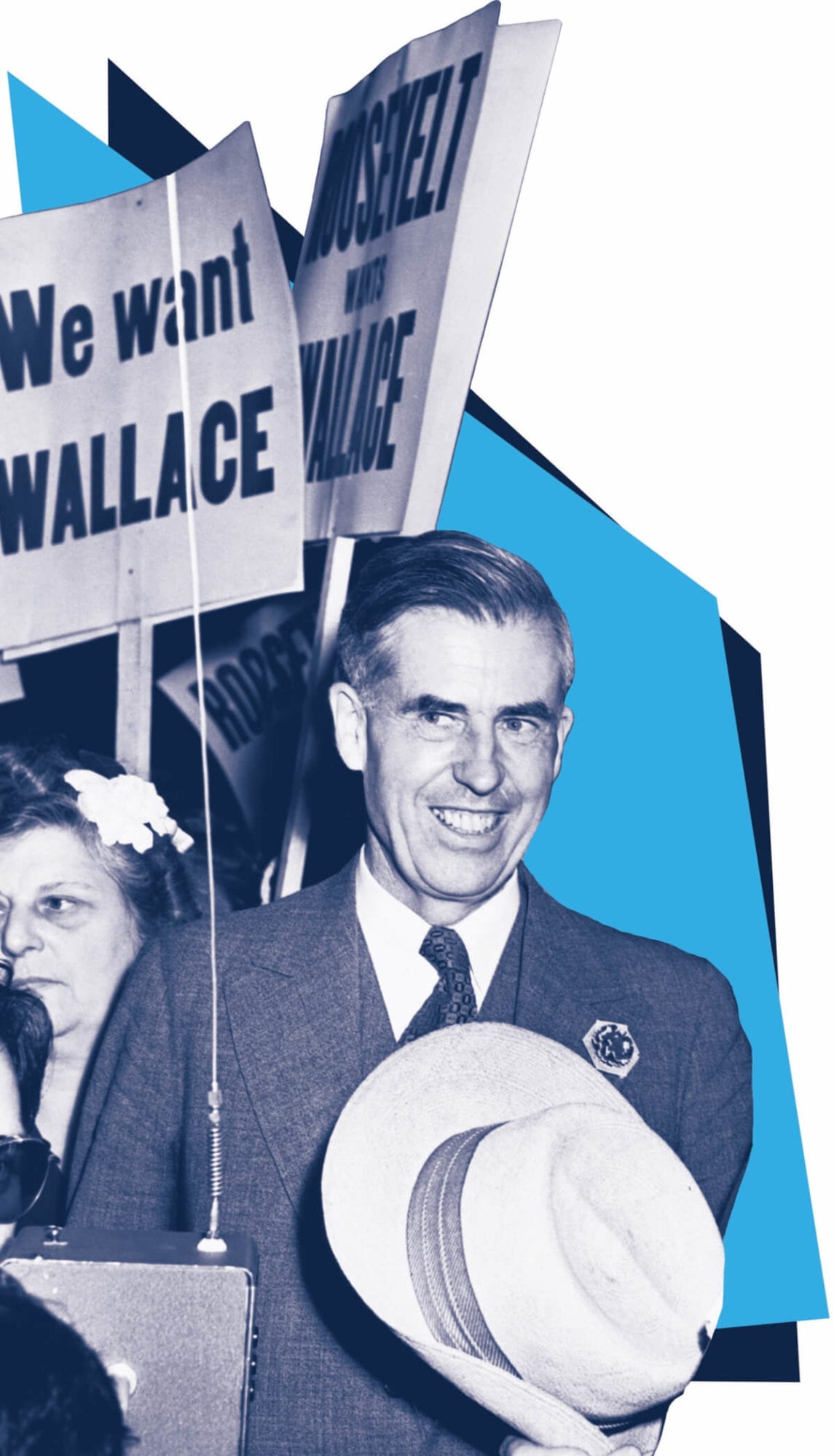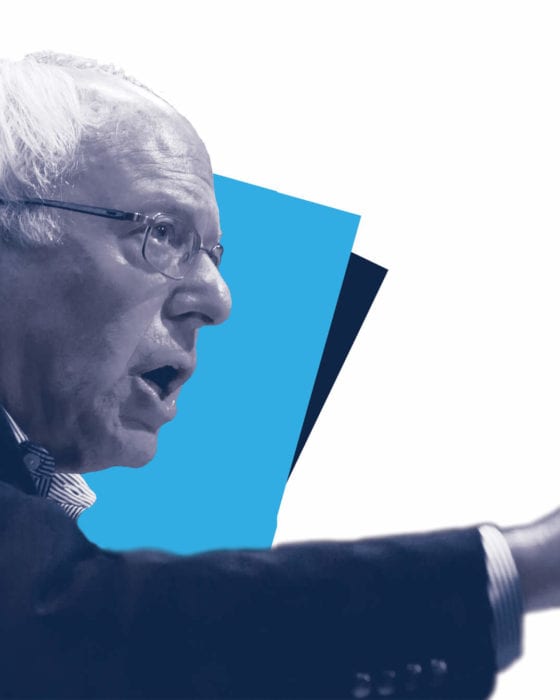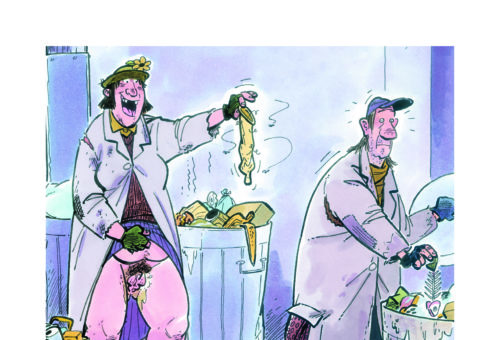John Nichols is one of America’s foremost left-leaning journalists. He earned a master’s degree from the Columbia University School of Journalism, is The Nation’s national-affairs correspondent, contributes to In These Times and The Progressive and is associate editor of the Capital Times, the daily newspaper in Madison, Wisconsin, where Nichols lives. He has appeared in numerous documentaries and is a frequent guest on radio and cable TV programs, ranging from Pacifica’s Democracy Now! to MSNBC’s Hardball.
A prolific author, Nichols has cowritten several books with academic Robert W. McChesney, including Our Media, Not Theirs: The Democratic Struggle Against Corporate Media. He has also taken a deep dive into history with The Genius of Impeachment: The Founders’ Cure for Royalism and The “S” Word: A Short History of an American Tradition…Socialism. His latest offering is The Fight for the Soul of the Democratic Party: The Enduring Legacy of Henry Wallace’s Anti-Fascist, Anti-Racist Politics.
Nichols identifies Wallace as responsible for “the roaring engine of the New Deal,” the Roosevelt Administration’s programs to tackle unemployment and other social ills during the Great Depression of the 1930s. But Nichols’ histories are not only about what happened long ago, but how the past impacts us today and as we move forward—because if you don’t know where you’ve been, you won’t know where you are right now or where you’re going. In Soul’s first chapter Nichols notes that “a reflection on Wallace raises a question in this moment of political, economic and social ferment, of Bernie Sanders and Alexandria Ocasio-Cortez and resurgent democratic socialism.” The roving journalist interviews the left-leaning Presidential candidate and young congresswoman in the context of his book, which explores the notion that “many wise observers believe that the Democratic Party cannot be reformed.” In this candid conversation John Nichols discusses whether or not it can be and so much more.

HUSTLER: In The Fight for the Soul of the Democratic Party you trace the history of the Democrats back to the New Deal era. But going back even further, in President George Washington’s 1796 farewell address, he cautioned, “Let me…warn you in the most solemn manner against the baneful effects of the spirit of party.”
JOHN NICHOLS: In the early days of the American experiment a number of the Constitution’s drafters argued against partisanship, against party, what they called “factions” or “factionalism.” Washington, James Madison and others were quite explicit in this. They imagined the U.S. could be governed in a very genteel manner, where reasonable people would get together—in those days, really a small portion of the population, wealthy white men—and sort things out among themselves and govern with a congenial, well-intended, debating-society approach. Washington and Madison were pondering from a philosophical outlook, but it was unrealistic then and is unrealistic today.
Much of Soul deals with Henry Wallace. Who was he?































